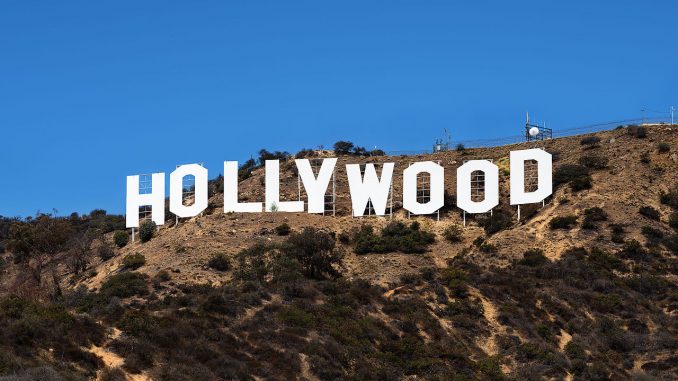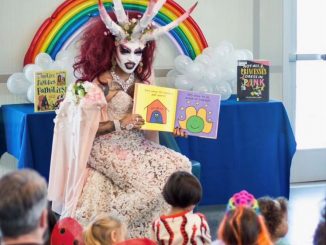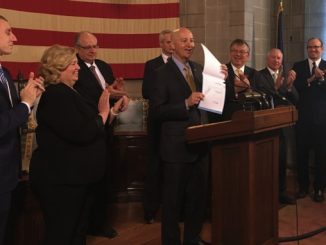
HOLLYWOOD, California, August 8, 2018 (LifeSiteNews) – A coalition of more than 45 groups, talent agencies, and production companies released an open letter Tuesday demanding that the film industry depict transgender characters more often and in more flattering ways.
{snip}
To alleviate the situation, the group asks “to be brought to the table” to provide input on “rich and diverse stories” that will contribute to “changing America’s understanding about who trans people are.” Accompanying the letter is a “guide to creating trans-inclusive culture,” containing suggestions such as having “experienced trans people” review scripts and source material on trans-related projects, holding transgender sensitivity training for casts and crew, and hiring trans people “in every area of your project, from directing, to costumes, to lighting, to craft services, to accounting” even when making content that isn’t specifically about transgenderism.
{snip}
Despite imitating another person’s characteristics and experiences being the essence of acting, the guide argues that trans roles must be reserved for trans actors to push back against society’s “belief that trans people aren’t real,” that “your chromosomes are more important than your own knowledge of yourself.”
In fact, sex is rooted in an individual’s chromosomes and reflected in hundreds of genetic characteristics. While there are extremely rare cases of hermaphroditism, in which people are born with ambiguous genitalia or their apparent sex doesn’t match their chromosomes, the American Psychiatric Association classifies gender dysphoria as as a mental disorder, as did the World Health Organization, until this June.
Most children displaying signs of gender confusion tend to outgrow it on their own, but a variety of studies warn that reinforcing their misconceptions can lead to a variety of emotional and mental health problems, including suicide and self-harm. Such problems often persist regardless of whether an individual’s perceived “identity” is indulged, up to and including gender reassignment surgery.
While LGBT “representation” is steadily rising on American television, GLAAD has been complaining for the past several years about the lack of gay characters or themes in major movies. GLAAD’s own research, as well as comic book retailers’ revolt last year against the Disney-owned entertainment giant Marvel, suggests an unavoidable conflict between activists’ increasing demands for identity politics and mainstream audiences’ decreasing willingness to be lectured in their entertainment.


